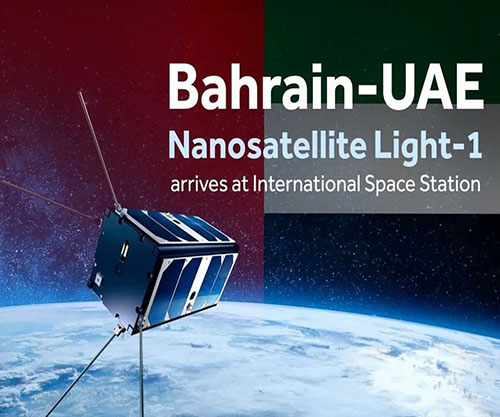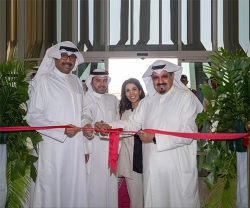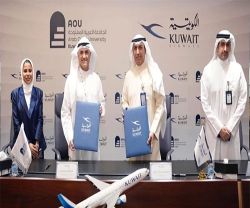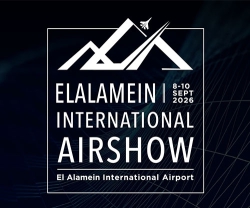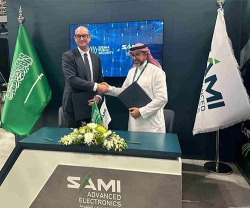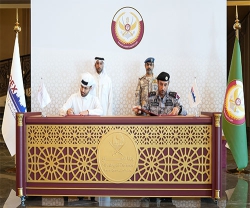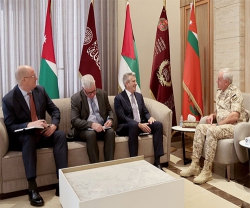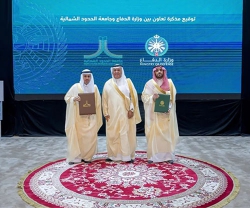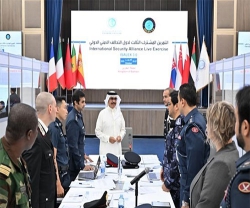The Kingdom of Bahrain successfully launched Tuesday its first satellite, “Light-1”, which will monitor and study terrestrial gamma ray flashes (TGRs) from thunderstorms and cumulus clouds, Chief Executive Officer of the National Space Science (NSSA), Dr. Mohammed Ibrahim Al-Aseeri, has announced, Bahrain News Agency (BNA) reported.
Named after HM the King’s “First Light” book, Light-1 is the outcome of the ongoing cooperation between Bahrain and the United Arab Emirates (UAE) in space science, technology and engineering.
On the occasion, Dr. Al-Asseri extended deepest congratulations to His Majesty King Hamad bin Isa Al Khalifa, His Royal Highness Prince Salman bin Hamad Al Khalifa, the Crown Prince and Prime Minister, and the National Security Advisor, Royal Guard Commander and Secretary-General of the Supreme Defense Council, His Highness Shaikh Nasser bin Hamad Al Khalifa, on the milestone. He also congratulated all the Bahraini citizens, stressing that the exploit is a catalyst for Bahraini youth to increase their giving and national accomplishments.
NSSA Chairman indicated that Light-1 took off Tuesday, at 13:00 Bahraini time, onboard a SpaceX CRS-24 flight on board of a Falcon 9 rocket, heading towards the International Space Station (ISS). It will be placed on its orbit at an altitude of 400 km and an inclination angle of 51.6◦, adding that it will be re-launched into orbit around Earth during the first quarter of 2022 from the Japanese Experiment Module (KIBO) in the ISS.
Light-1 will communicate data with three ground stations, namely the ground station in the Khalifa University in Abu Dhabi, Vilnius in Lithuania, and Aalborg in Denmark.
He affirmed that “Light-1” is a first step towards achieving a greater national ambition of placing the Kingdom of Bahrain among the leading countries in the space sector.
He added that the satellite is the fruitful outcome of cooperation between the Bahrain’s NSSA, the United Arab Emirates Space Agency, the Khalifa University of Science, Technology and Research and New York University Abu Dhabi, noting that the satellite was provided by Nano Avionics, a Lithuania-based space-tech company, which has extensive experience in designing and building more than 90 nano-satellites for more than 40 countries.
He pointed out that the launch of the “Light-1” satellite confirms the support enjoyed by youth Bahraini competencies from the kingdom’s leadership in order to acquire science and knowledge, adding that Bahrainis contributed 75% to the joint satellite.
Al-Aseeri indicated that this project reflects Bahraini competencies’ tireless efforts to raise the national flag in many fields, noting that Bahrain’s space team consists of a group of youth national cadres specialized in advanced technology, such as electrical and mechanical engineering, communication, electronics and programming.
Light-1 is a nanosatellite that will monitor and study terrestrial gamma ray flashes by developing and building two payload detectors, using a combination of two different photo sensor technologies and scintillating crystals, which reflects Bahrain’s contributions to the international efforts to measure these rays and study their effects on the safety of aircraft structures and the safety of passengers.

